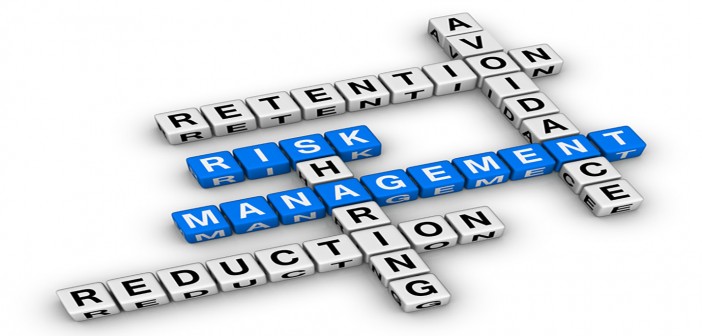We have written and spoken about Risk Management extensively – both in the Public and Private sectors. The conundrum has often been the inability of organizations to take actions (certain costs) in the face of projected impacts (uncertain future). Certainly Hurricane Katrina and Sandy are the most recent examples in the public sector. Climate Change is perhaps the most significant issue facing such a dilemma in terms of getting action(certain costs) with projected doom.
Till now! Citibank’s highly touted report is perhaps one of the most compelling documents that may tip the scales and I would encourage you to read it. Regardless of your position on the topic, it makes a compelling case that attempts to change the question from “why act” to “why not act” although a more powerful frame might have been “why we must act”. In trying to explore the hypothesis of inaction on climate change due to the economic costs involved, they document the fact that inaction has a far greater financial impact.
Here’s the gist of it: If we do nothing about climate change, then the cost is $2 trillion over the cost of a low carbon strategy($190 trillion). However, with a do nothing strategy comes a warmer earth which has significant impact on global GDP. For example, if temperatures increase by 1.5 degrees, GDP decreases by $20 trillion. At 2.5 degrees, it’s $44 trillion. And a terrifying detail about those number is that we have already achieved a .9 degree increase against the baseline leaving us very little room to stay under the target of a 2 degree increase which is considered the highest affordable increase by climate scientists.
The study goes on to document a very chilling scenario. To stay under the 2 degrees increase, we have to limit the amount of annual carbon released in the atmosphere to X tons which is significantly less than what we currently do and according to some, already unreachable. To make matter worse, we already have 6(SIX) times X in already identified carbon based assets which raises the question of what to do with these assets and the study introduces the term ”stranded assets” – assets that have financial value(although diminishing based on current prices for oil and coal) but society at large cannot afford to exploit them. How do you match up the Value Drivers of those that own the assets (certain costs – about $100 trillion) to those who will pay the price in the future of exploiting those assets (society at large) is something that clearly is an ongoing challenge. The idea of monetizing and creating a market where companies can trade their carbon impacts has been talked about and the authors do make an attempt at addressing this and other solutions as well.
My goal is not to comment on the validity of climate change but rather to use that as perhaps the biggest example of Risk Management as a process. I would encourage you to take a look at this report from that perspective alone because it does start to address two of the biggest challenges that face organizations trying to implement Risk Management processes where action is warranted prior to the actual event happening. Most such processes focus on strategies that are post event (where the actual costs are exponentially higher!
For those in the carbon based energy sector, this report, if accurate, certainly sounds ominous. At minimum, framing the decision in purely economic terms and including the financial impact of inaction is a powerful impetus for those wanting action on the issues? Understanding the relationship between certain costs and uncertain impacts and matching up the Value Drivers for those that have to incur the costs and those that have to bear the impacts is critical to the success of any Risk Management process. Certainly, both of those are real and relevant as much in the private sector as they are in the public sector.
If you are intrigued, I would be happy to email you more material (case studies,decks, etc.) on the topics we cover.


2 Comments
Pingback: Sanders, Clinton, Trump, Cruz – Aaaarrrrrghhh Why Should I Care? - News You Can Use
Pingback: How Much Attention Are You Paying to Politics? Probably NOT Enough!! - News You Can Use